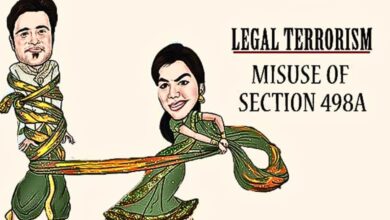Wikipedia is a multilingual online encyclopedia created and maintained as an open collaboration project by a community of volunteer editors using a wiki-based editing system. It is the largest and most popular general reference work on the World Wide Web. It is also one of the 15 most popular websites ranked by Alexa, as of June 2020. It features exclusively free content and no commercial ads and is owned and supported by the Wikimedia Foundation, a non-profit organization.
Wikipedia was launched on January 15, 2001, and was created by Jimmy Wales and Larry Sanger. Sanger coined its name as a portmanteau of the words “wiki” and “encyclopedia”. Initially, an English-language encyclopedia, versions of Wikipedia in other languages were quickly developed. With 6.1 million articles, the English Wikipedia is the largest of the more than 300 Wikipedia encyclopedias. Overall, Wikipedia comprises more than 54 million articles attracting 1.5 billion unique visitors per month.
The domains wikipedia.com and wikipedia.org were registered on January 12, 2001, and January 13, 2001, respectively, and Wikipedia was launched on January 15, 2001, as a single English-language edition at www.wikipedia.com, and announced by Sanger on the Nupedia mailing list.
Believe it or not, we Indians depend on Wikipedia. Despite knowing the fact that all the information on the site might not be real, Wikipedia is one of the first links that we open when conducting research online. But Indian readers found something strange on Wikipedia. In an awkward emotional post, the non-profit run website asked its “knowledge lovers” in India, to donate for their site. The message further said, “Wikipedia is hosted by a not-for-profit organization. We don’t have ads. We don’t have shareholders. We have donors, and we exist solely because of donations from our readers, like you”.
India is one of Wikipedia’s leadership markets. In November 2019, Indians visited Wikipedia over 771 million times which is its fifth-highest number of views. But Wikipedia isn’t asking donations just from Indian users. They are asking people to donate from all over the world!
This is not the first time that Wikipedia has issued such messages for the donation. Wikipedia in the past had asked its readers to donate to keep the non-profit site going. In a 2015 blog, WMF had clarified that the donation helps the organization to pay salaries of all editors and staff. The fund also helps to keep Wikipedia and its sister sites secure, fast, and easily accessible.
“Based on guidance from the Wikimedia Foundation Board of Trustees, our reserve amounts to one year of the operating budget,” said Samantha Lien, a spokeswoman for the Wikimedia Foundation. “If there were circumstances that affected our ability to raise those funds during that period, we could end up in an urgent situation the reserve is a safety net to protect Wikipedia against such a possibility.”
This means a choice between more violent, more alienating fundraising advertising and a very difficult position for the Wikimedia Foundation. The question goes to the very core of the Wikipedia experiment: Can anything really live on the whims of the Internet in the long term?




